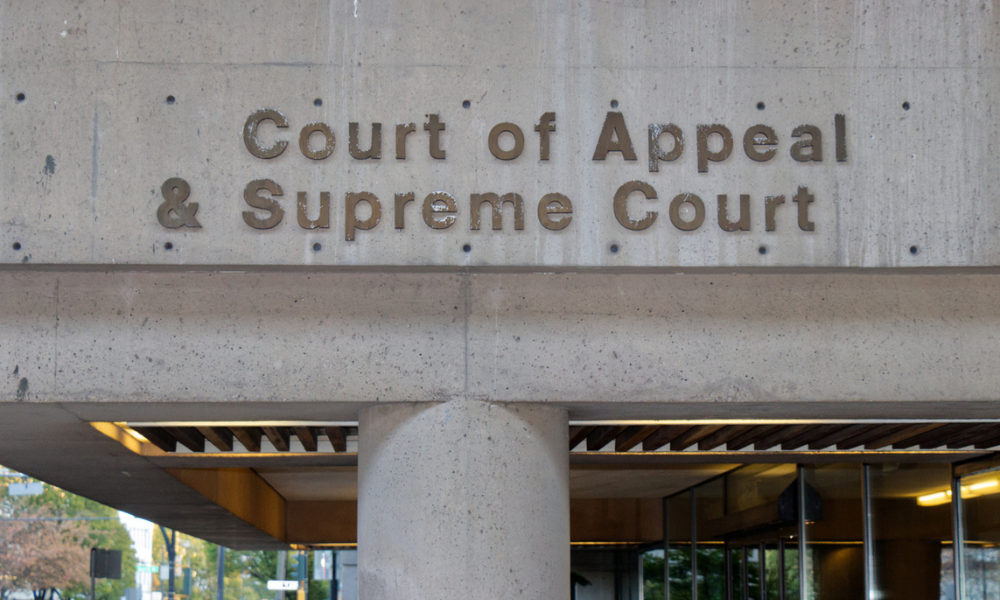
The court dealt with the challenges of predicting future losses based on hypothetical career paths

The BC Court of Appeal recently rejected an appeal for a higher loss of future earning capacity award in a personal injury case, emphasizing the challenge of forecasting economic losses based on speculative career plans not yet pursued at the time of injury.
In Healey v. Mault, 2024 BCCA 100, the court upheld an award for loss of future earning capacity to Jessica Healey, stemming from injuries she sustained in a motor vehicle. Healey, 24 years old at the time of the accident, had a sporadic work history and no clear career path before the incident. The motor vehicle collision left her with injuries that, according to the trial findings, have significantly impacted her ability to perform heavy or strenuous work, a limitation that the trial judge noted when awarding compensation for future loss of earning capacity.
At the centre of the appeal was Healey's argument that her future earning capacity was severely compromised by the accident, to the extent that she could not pursue a purportedly planned career in the marine industry. She initially sought a staggering $4,250,000 for this loss, based on a career trajectory that would have seen her rise from deckhand to harbour pilot. However, the trial judge, relying on the capital asset approach due to Healey's limited work history and the speculative nature of her marine industry aspirations, awarded her $80,000. This figure represented approximately two years' earnings, based on the highest annual income Healey had earned before the accident.
In challenging the trial court's decision, Healey contended that the judge had made an error in principle in not recognizing the real and substantial possibility of her achieving her stated employment goals in the marine industry. Furthermore, she argued that the trial judge's method in assessing her capital asset loss was flawed, resulting in an inordinately low award that did not accurately reflect her future loss of earning capacity.
The Court of Appeal's decision to dismiss Healey's appeal was grounded in the finding that the trial judge had indeed engaged in comparing Healey's likely future had the accident not occurred with her post-accident reality. The court saw this approach as neither erroneous in principle nor in fact.
The appellate court's analysis dealt with the nuanced challenges of predicting future economic losses, especially when those predictions are based on hypothetical career paths that the injured party had not yet embarked upon at the time of their injury. The court underscored the judge's role in "gazing into the crystal ball" to make such determinations. According to the court, this task is inherently fraught with uncertainties and requires a judicious application of legal principles to the facts at hand.
The court ultimately reaffirmed the discretionary nature of judicial assessments in personal injury cases, particularly those involving complex questions about the injured party's future earning potential. It highlighted the critical importance of evidence in establishing the possibility of future career paths and the real and substantial likelihood of those careers being realized but for the accident.